Composting has become increasingly popular in recent years as more and more people are recognizing the benefits it has to offer. It effectively reduces waste, promotes sustainability, and provides various environmental, economic, and social benefits.
Composting involves the natural process of decomposing organic materials, such as food scraps and yard waste, into nutrient-rich soil that can be used to improve soil health and promote plant growth. We will explore what are the benefits of composting and why it is important to incorporate this practice into our daily lives.
From reducing greenhouse gas emissions and diverting waste from landfills to improving soil fertility and reducing water usage, composting has numerous advantages that make it an essential component of a sustainable lifestyle.
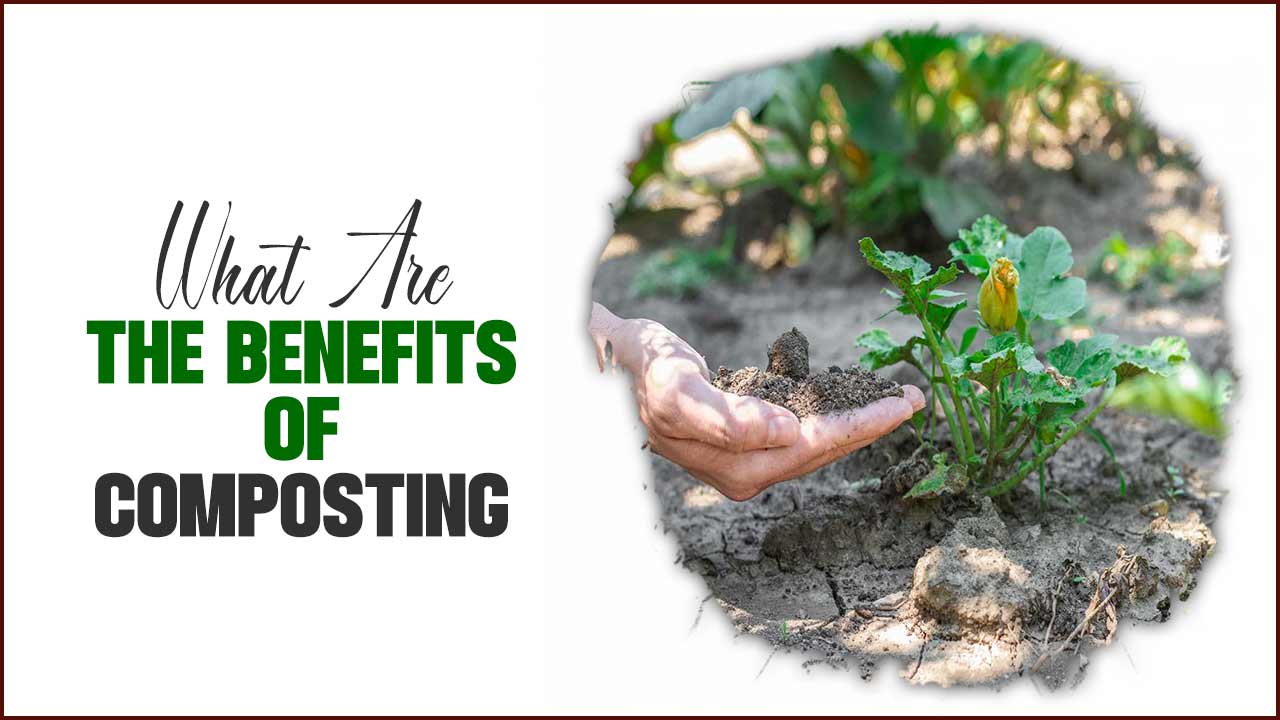
What Are The Benefits Of Composting – A Greener Future
Composting offers numerous benefits for individuals and the environment, paving the way for a greener future. It reduces landfill contributions and lowers greenhouse gas emissions. Additionally, it enhances soil health and conserves water resources while minimizing household waste. Composting contributes to a more sustainable and eco-friendly future by closing the nutrient cycle.
1. Reducing Landfill Contributions
Composting plays a vital role in reducing landfill contributions. By diverting organic waste from landfills, composting helps prevent methane production, a potent greenhouse gas. This sustainable practice significantly reduces your carbon footprint and contributes to a greener future.
Furthermore, composting enriches the soil with essential nutrients, enhancing its fertility and overall health. Healthy soil leads to healthier plants and higher crop yields, making composting beneficial for agriculture and gardening.
Additionally, composting reduces the need for synthetic fertilizers and pesticides, promoting sustainable farming practices. It also helps retain moisture in the soil, minimizing the need for excessive watering.
2. Lowering Greenhouse Gas Emissions
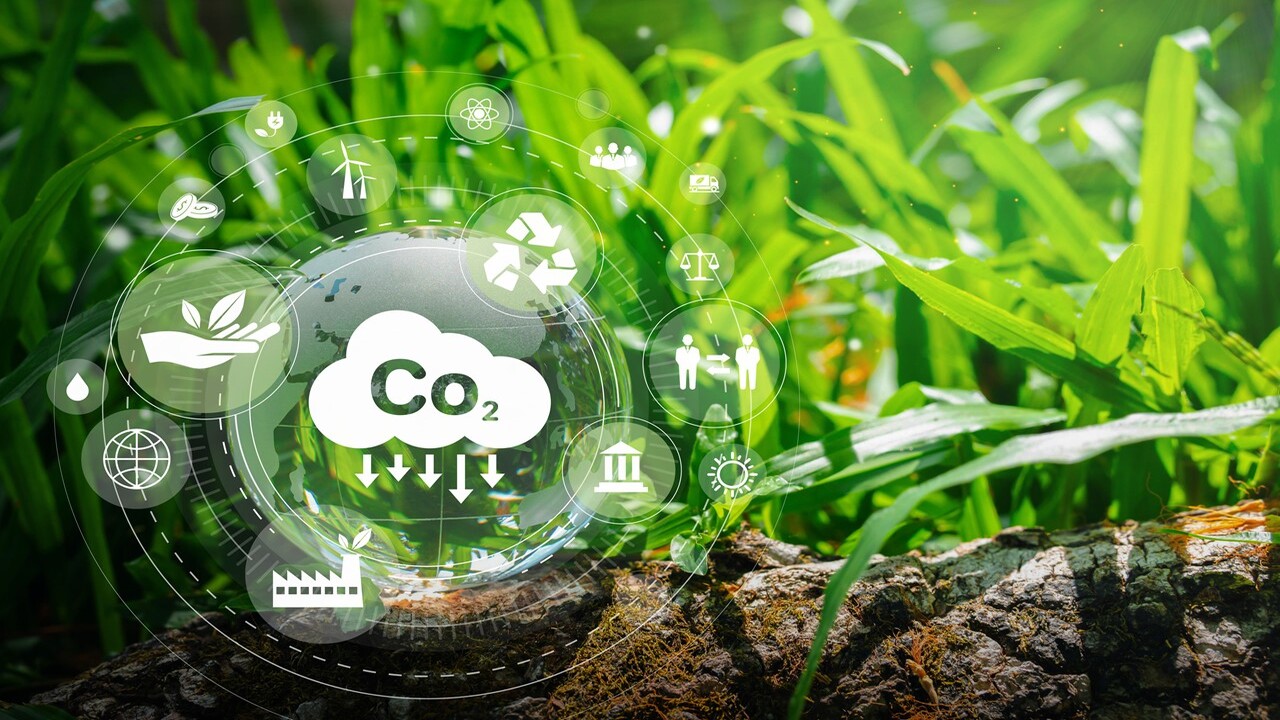
Composting is an effective way to lower greenhouse gas emissions. By diverting organic waste from landfills, where it would release methane, composting helps reduce the emission of this potent greenhouse gas.
Additionally, compost acts as a natural fertilizer, reducing the need for chemical fertilizers that can contribute to water pollution. Adding organic matter through composting improves soil health, enhancing its ability to retain moisture and nutrients.
Compost also acts as a natural suppressant for plant diseases and pests, reducing the reliance on pesticides. Lastly, composting can save money by cutting waste disposal costs and the need to purchase fertilizers and soil amendments.
3. Enhancing Soil Health
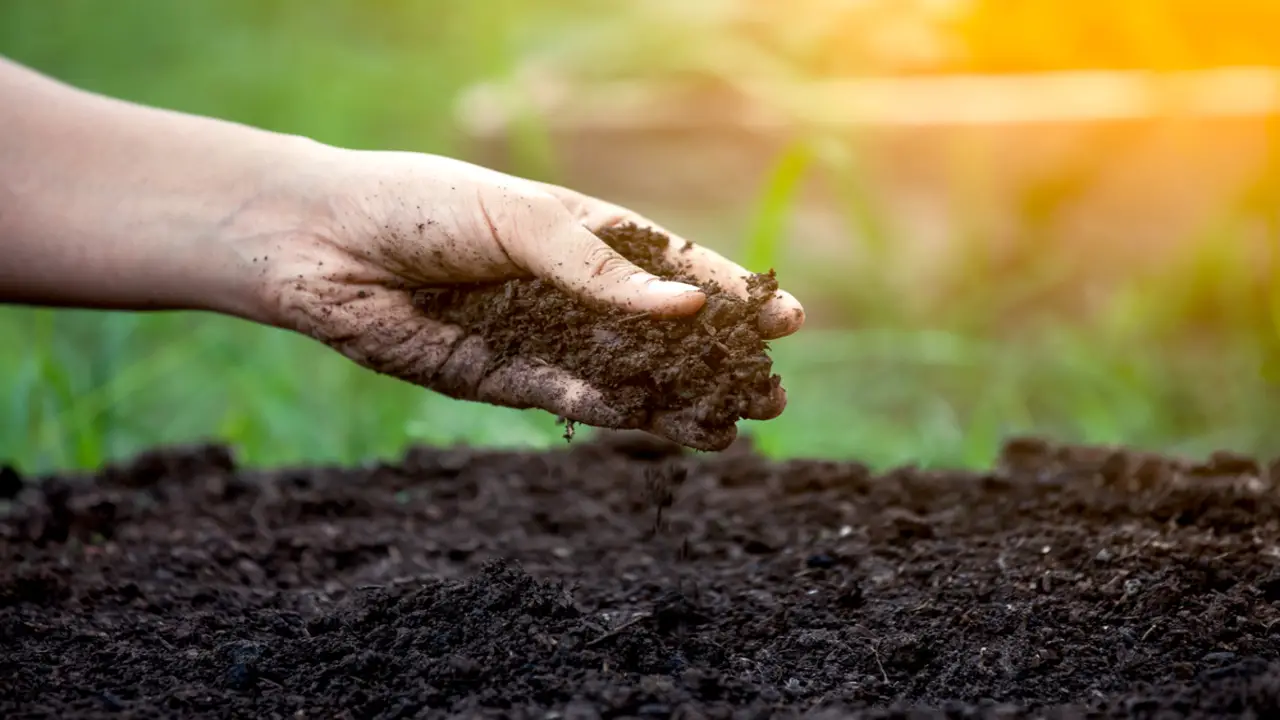
Composting offers numerous benefits when it comes to enhancing soil health. When organic materials such as food scraps, yard waste, and leaves are composted, they break down into a nutrient-rich substance called humus.
This humus is added to soil, providing essential nutrients and improving its structure. Incorporating compost into the soil helps retain moisture, increases its ability to hold nutrients, and promotes beneficial microbial activity.
Composting can also help reduce the need for chemical fertilizers and pesticides, creating a more sustainable and environmentally friendly approach to gardening and agriculture. Composting is valuable for enhancing soil health and promoting healthy plant growth.
4. Conserving Water Resources
Composting aids in water resource conservation through improved soil moisture retention. By retaining water in the soil, compost reduces the need for irrigation and saves water. The organic matter in compost enhances soil structure, allowing it to hold more water.
Additionally, compost helps reduce runoff and erosion, thereby preventing water pollution. We can contribute to a greener future by implementing composting practices and promoting sustainable water management.
5. Minimizing Household Waste
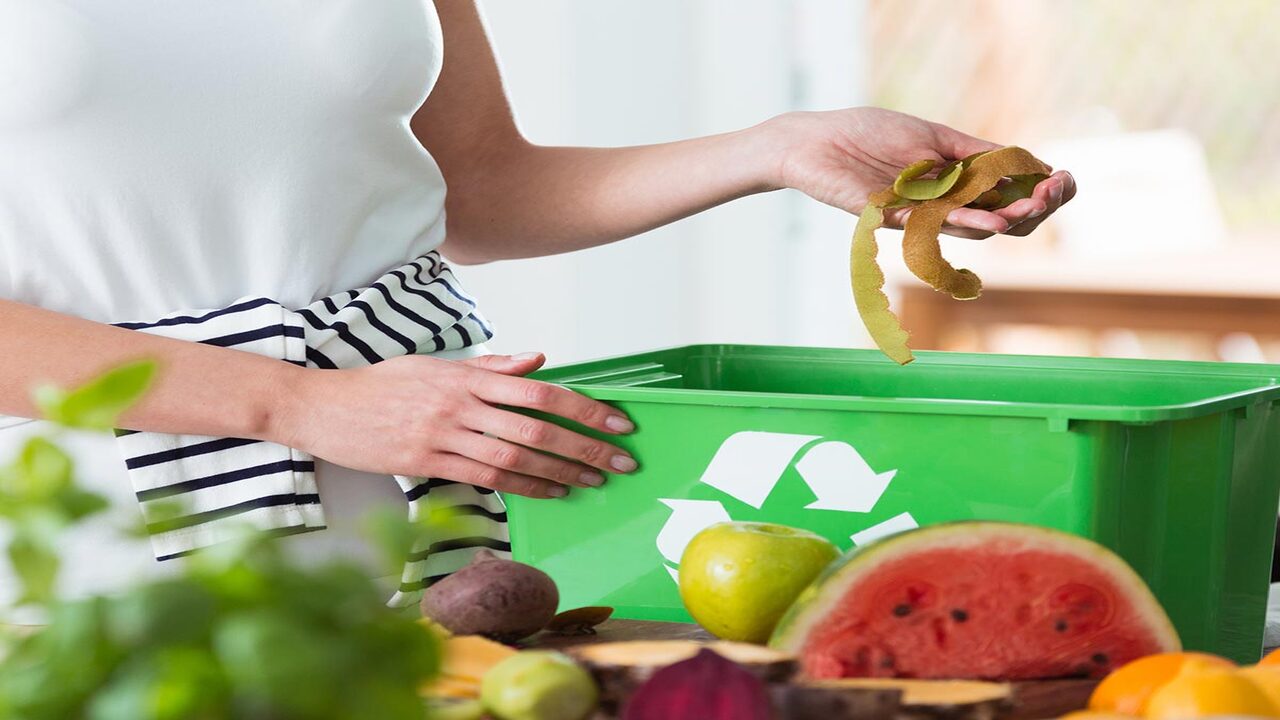
Composting offers numerous benefits in minimizing household waste and its environmental impact. By diverting organic material from landfills, composting reduces methane emissions and greenhouse gases, mitigating climate change.
Additionally, compost is a nutrient-rich soil amendment that improves soil structure, water retention, and overall plant health. This promotes a more natural and sustainable approach to gardening, reducing the need for chemical fertilizers and pesticides.
Composting also provides economic benefits by saving money on garbage disposal fees and reducing reliance on synthetic products. It’s an easy and cost-effective way to recycle organic waste at home.
Environmental Impacts Of Composting
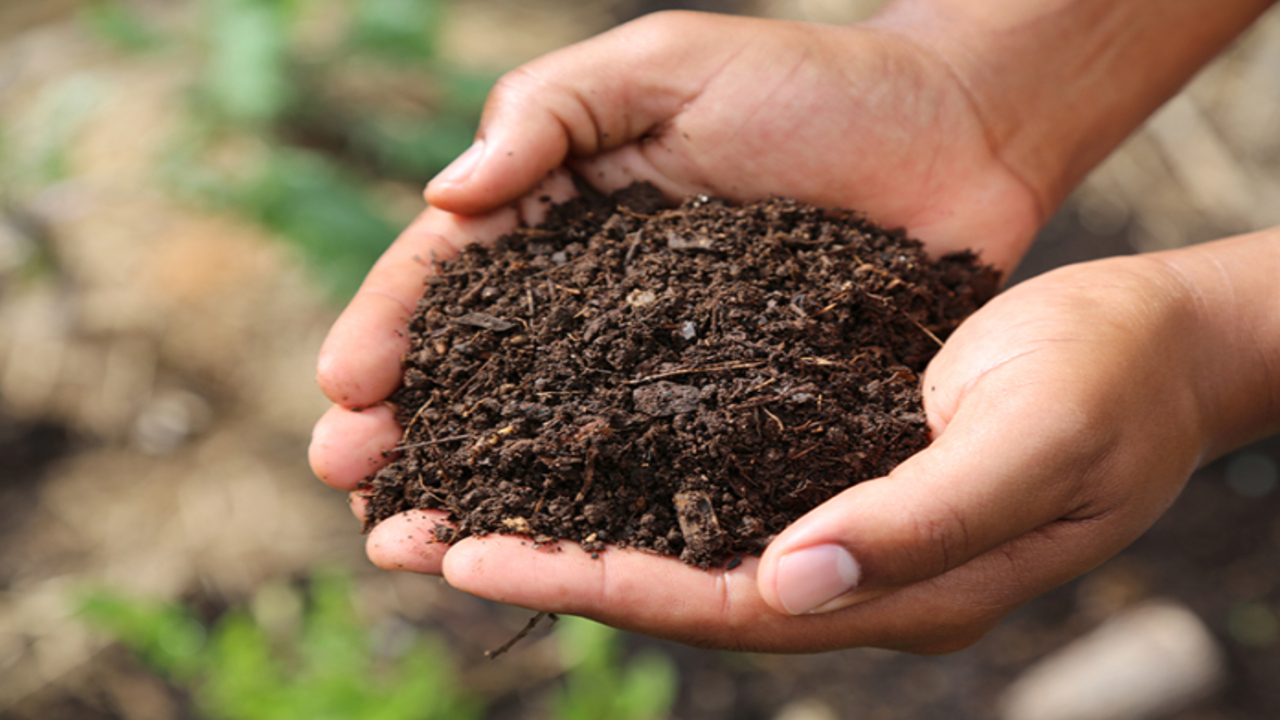
Composting has several significant environmental impacts. Firstly, it reduces landfill waste by diverting organic material from landfills, reducing harmful greenhouse gas emissions like methane.
Secondly, composting improves soil health by enriching it with essential nutrients, promoting microbial activity, and enhancing moisture retention. This, in turn, reduces the need for chemical fertilizers that can harm the environment.
Additionally, composting helps conserve water by improving soil structure and reducing irrigation requirements. Furthermore, it encourages sustainable gardening practices by minimizing synthetic fertilizers and pesticides while reducing erosion and runoff, thus protecting waterways from pollution.
Mitigating Climate Change
Composting offers significant benefits in mitigating climate change. By diverting organic waste from landfills, composting helps reduce greenhouse gas emissions, specifically methane, a potent greenhouse gas.
This process stores carbon in the soil instead of releasing it into the atmosphere, contributing to the fight against climate change. Additionally, compost improves soil health and fertility, enhancing the ability of plants to sequester more carbon dioxide through photosynthesis.
Composting also minimizes greenhouse gas emissions associated with their production by reducing the need for synthetic fertilizers. Furthermore, composting reduces the production of leachate, a toxic liquid that can contaminate groundwater and contribute to water pollution.
Recycling Agricultural Waste
Recycling agricultural waste through composting offers numerous environmental and economic benefits. By diverting organic material from landfills, composting reduces greenhouse gas emissions and methane production. The resulting compost can also be used as a nutrient-rich soil amendment, improving soil health and fertility.
Farmers can save money by reducing their reliance on synthetic fertilizers and promoting more sustainable farming practices. Furthermore, composting helps prevent erosion by enhancing soil structure and water retention. It also reduces the need for synthetic pesticides and herbicides, contributing to a healthier ecosystem.
Promoting Stormwater Management
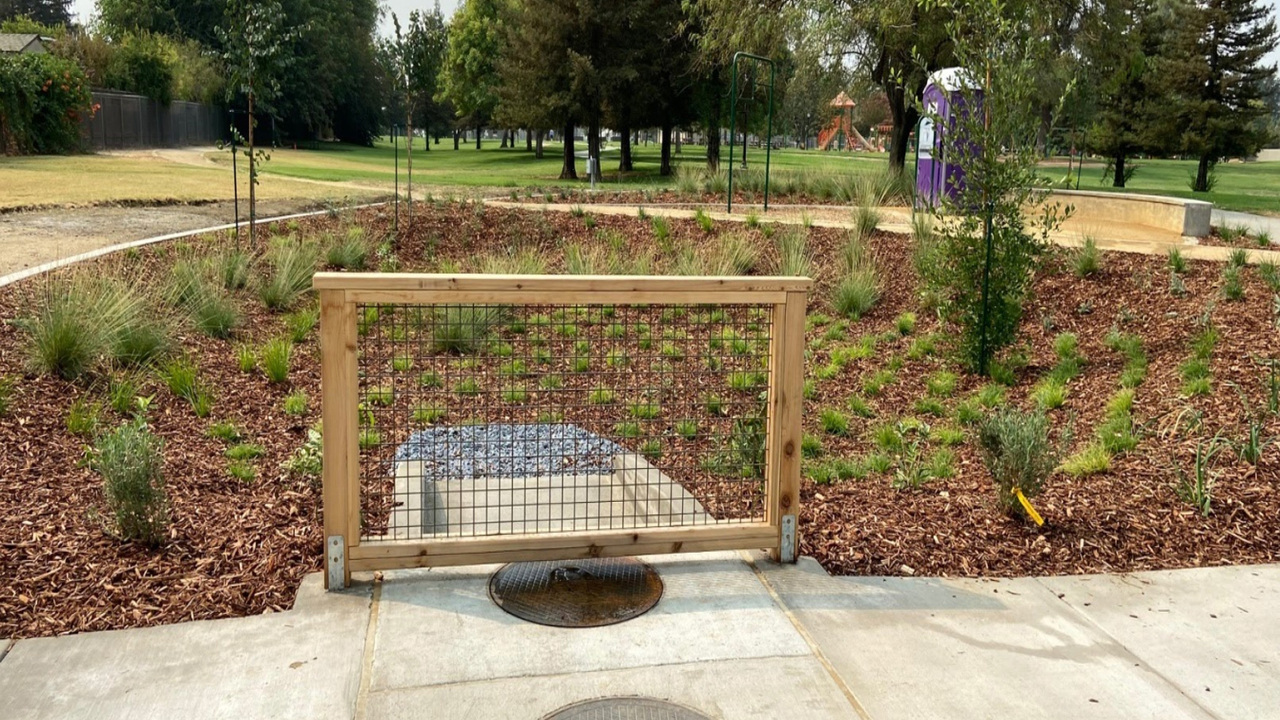
Composting plays a vital role in promoting stormwater management. By improving soil structure and enhancing its water absorption capacity, composting helps reduce stormwater runoff.
Additionally, diverting organic waste from landfills through composting reduces the production of methane gas, a potent greenhouse gas contributing to climate change. Compost acts as a natural erosion control measure by stabilizing soil and minimizing the impact of heavy rains.
Furthermore, composting improves soil health by increasing nutrient content and encouraging beneficial microbial activity. When used in gardening and agriculture, compost reduces the need for chemical fertilizers, pesticides, and irrigation, creating a more sustainable approach to plant growth.
Conclusion
Composting offers many benefits, making it an excellent practice for individuals and the environment. Composting organic waste can reduce landfill waste and greenhouse gas emissions while creating nutrient-rich soil for your garden.
A simple yet powerful way to impact the environment positively. By reducing landfill contributions, lowering greenhouse gas emissions, enhancing soil health, conserving water resources, and minimizing household waste, composting helps create a greener future for generations to come.
Along with these benefits, composting is crucial in mitigating climate change, recycling agricultural waste, and promoting effective stormwater management. Start composting today if you’re ready to make a difference and contribute to a more sustainable world. We hope you now understand what are the benefits of composting.
Frequently Asked Questions
[rank_math_rich_snippet id=”s-a2556220-ba8a-46fa-abe3-4dc7b0615aed”]

I am passionate about home engineering. I specialize in designing, installing, and maintaining heating, ventilation, and air conditioning systems. My goal is to help people stay comfortable in their homes all year long.
